Healthy Eating Tips & Diet for Stomach Ulcer
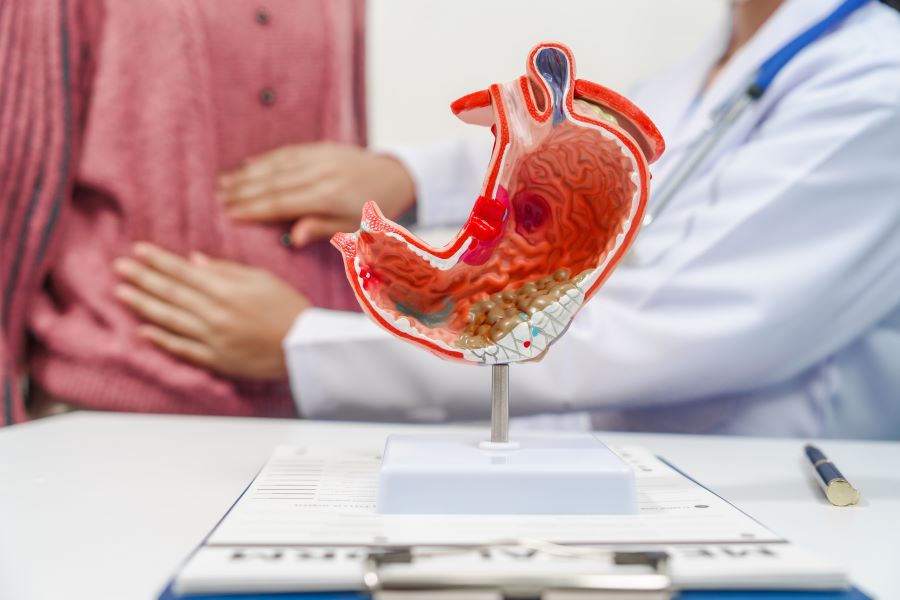
A layer of mucus protects the stomach from digestive acids. These acids degrade the mucous layer when this layer is reduced, causing painful sores along the stomach's lining. Also known as gastric ulcer, stomach ulcer is a type of peptic ulcer disease. Its treatment depends on the cause of the ulcer.
While it is true that food does not directly cause or treat diseases, certain foods provide relief and help you heal faster. This article focuses on the good and bad foods for stomach ulcers. Let's discuss this in detail.

Table of Contents

What is a Stomach Ulcer?
A peptic ulcer is an ulcer of the stomach, referring to the sores developing on the lining of the stomach's small intestine and oesophagus because of erosion by your stomach acid. It may lead to pain, discomfort, and different kinds of indigestions. This can result from an imbalance between the stomach's acid secretion and the protective lining factors, like mucus.
The most common causes include infection with Helicobacter pylori, excessive use of NSAIDs, and chronic stress. Treatment is usually very effective with drugs that reduce the amount of acid produced and lifestyle modification which favours healing.
Best Foods for Stomach Ulcer Patients
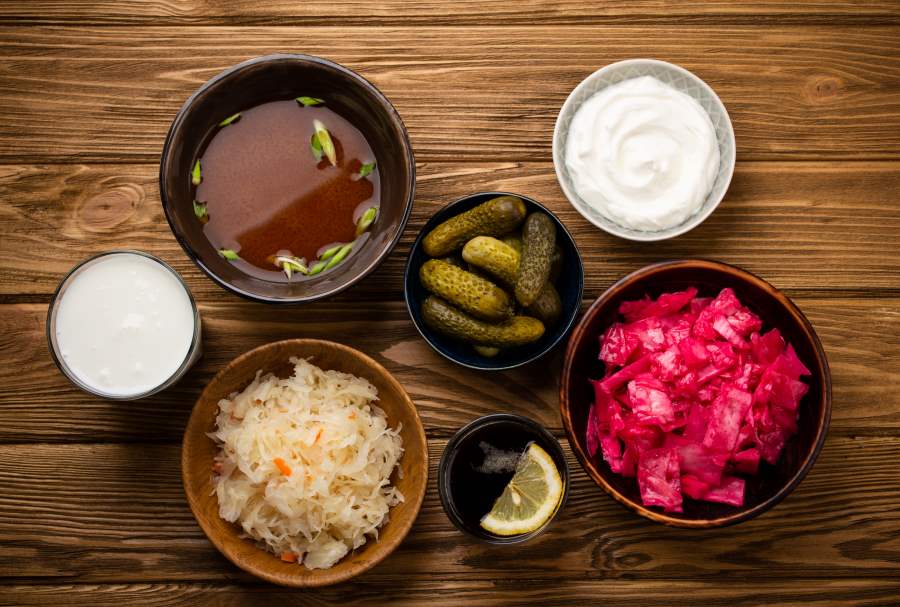
In days gone by, patients suffering from stomach ulcers were advised to consume a bland diet. But, modern medical research does not support that view. Doctors recommend that their patients eat more fresh fruits and vegetables and foods rich in probiotics, vitamin C and fibres. With that in mind, let us look at what to eat with stomach ulcers:
1. Honey
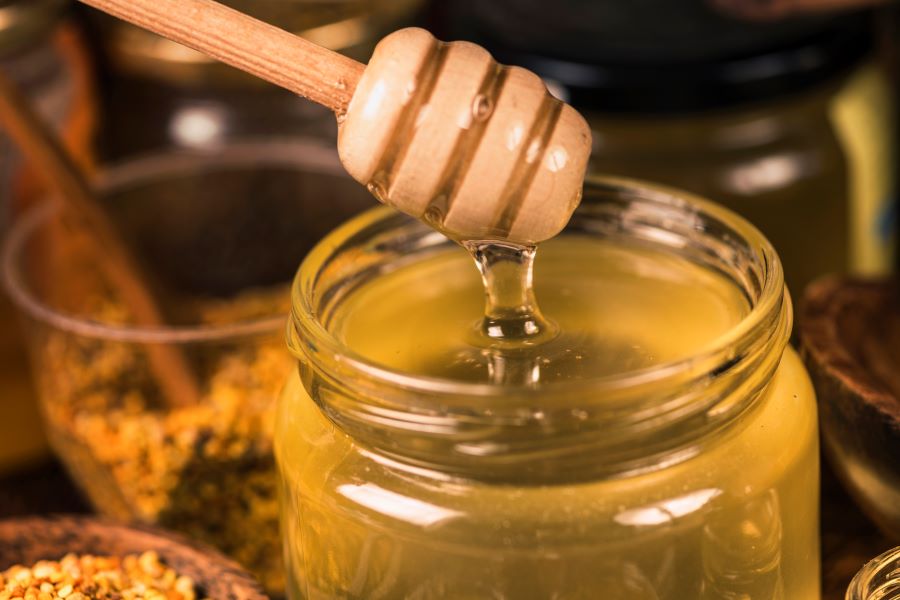
Honey contains high amounts of flavonoids which are beneficial for various metabolic activities in our body. In addition, its antioxidant and antisecretory properties help to prevent the development of gastric ulcers. So, honey should form an essential part of the diet for stomach ulcers.
Patients can have a tablespoon of honey in the morning and at night. It would calm their stomach. They can also spread it out on bread or crackers during breakfast and snacks.
2. Olive Oil
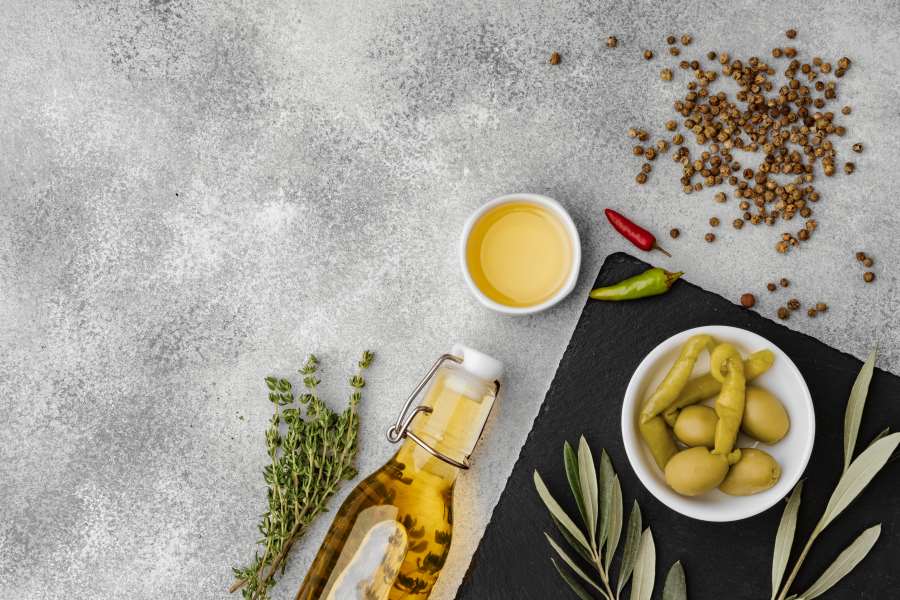
Olive oil has antimicrobial properties. This effectively helps to combat the bacteria that cause stomach ulcers. Moreover, it has high levels of polyphenol, which provides protection against ulcer-causing bacteria.
Olive oil is a food item that comes with many health benefits. It maintains cardiac health, reduces inflammation and combats cancer. All of these benefits make it the right medium for cooking food for stomach ulcer patients.
3. Berries
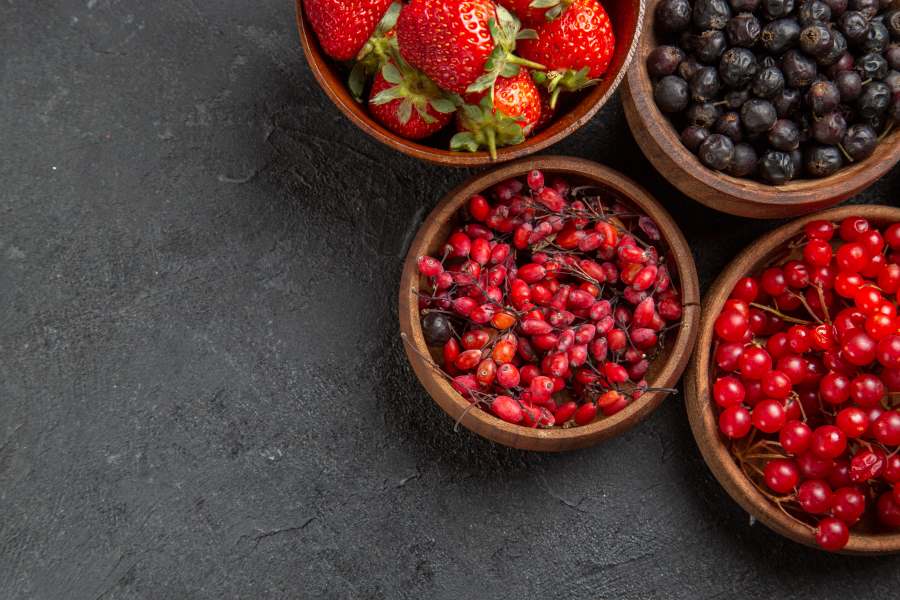
These are an essential addition to a list of good foods for stomach ulcer patients. Berries can effectively reduce the bacterial infection that caused the stomach ulcer in the first place. Patients can consume strawberries, raspberries, elderberries, bilberries, and blueberries.
Many berries are rich in antioxidants, vitamin C and flavonoids. By consuming berries, the growth of H. pylori bacteria is halted. Furthermore, blueberries also help in improving cardiac health, improving bone strength and lowering blood pressure.
4. Broccoli
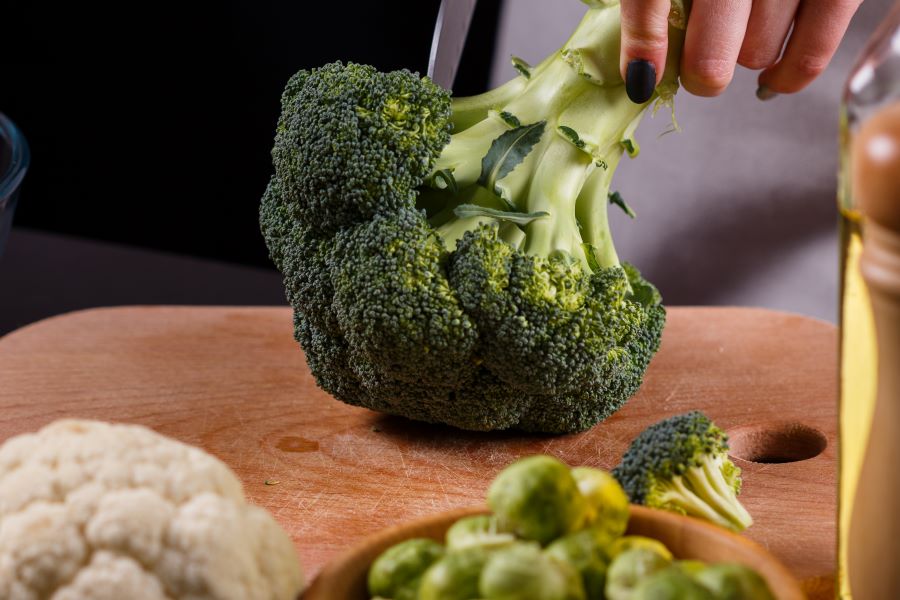
Broccolis contain a chemical called sulforaphane which has significant antibacterial effects. As per a 2017 study, sulforaphane (SFN) restricts the growth of H pylori and mitigates gastritis caused by SFN.
Consuming broccolis helps to reduce stomach pain. Furthermore, it reduces the risk of cardiovascular diseases and improves the functioning of the immune system. Patients should eat a cup of broccoli, either raw or cooked, every day if they are experiencing stomach pain.
5. Fermented Foods
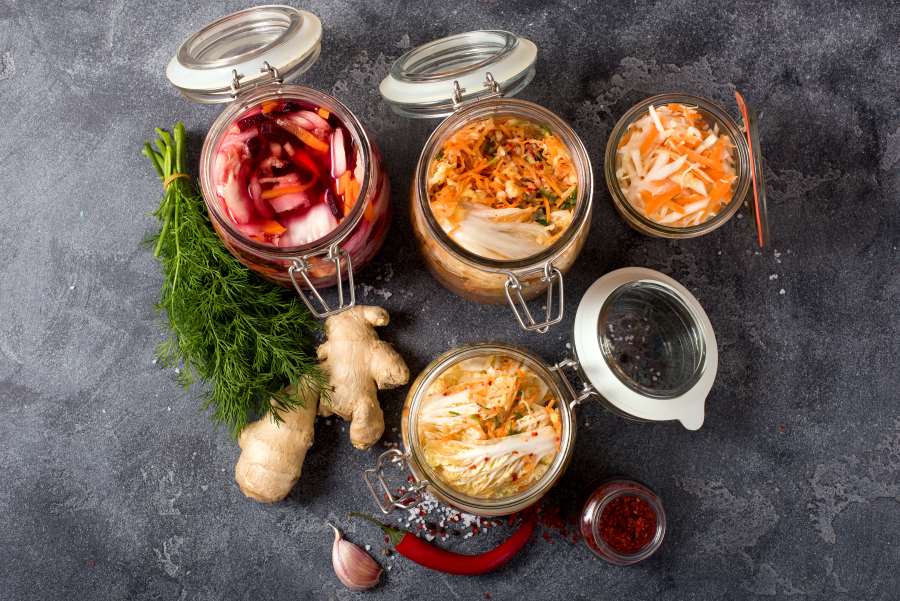
Fermented foods play an essential role in maintaining gastric health. These are major sources of microbes necessary for a healthy gut microbiome, including yeasts, fungi and bacteria. Eating fermented foods reduces H. pylori infection in the gastrointestinal tract.
Additionally, the active microbes in fermented foods facilitate the reduction of inflammation. Moreover, they improve the histological conditions of the ulcers. Some fermented food items that patients can try are sauerkraut, miso, kefir, kimchi, tempeh etc.
6. Probiotics
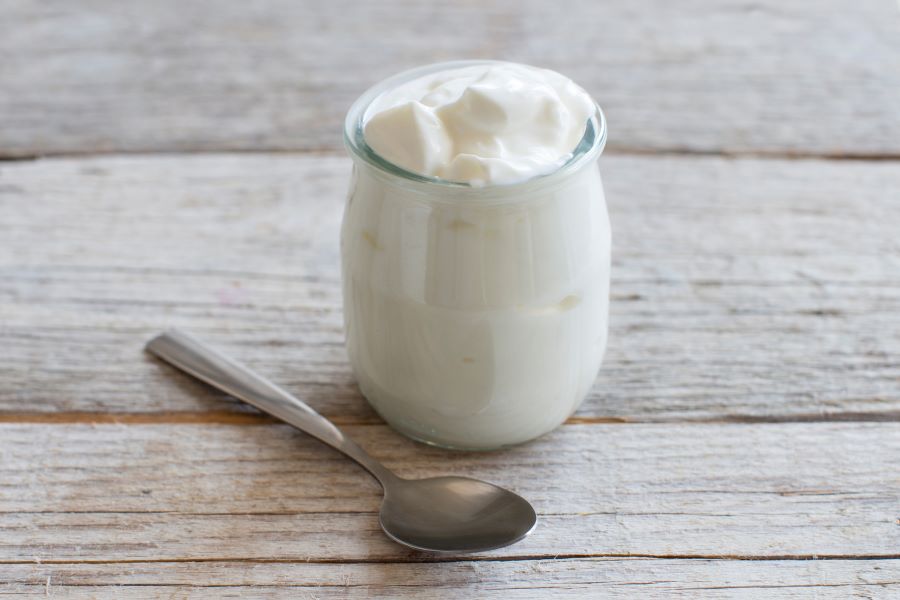
Many people commonly believe that probiotics are the same as fermented foods. However, they are not the same because not all fermented foods contain probiotics. Probiotics are helpful bacteria/yeasts that live in our digestive tract and help in digestion and protect our body from diseases.
Probiotics help remove Helicobacter pylori bacteria and increase the recovery rate for people suffering from stomach ulcers. The food items where probiotics are present include yoghurt, buttermilk, probiotic kefir, probiotic pills and probiotic powder.
7. Dietary Fibres
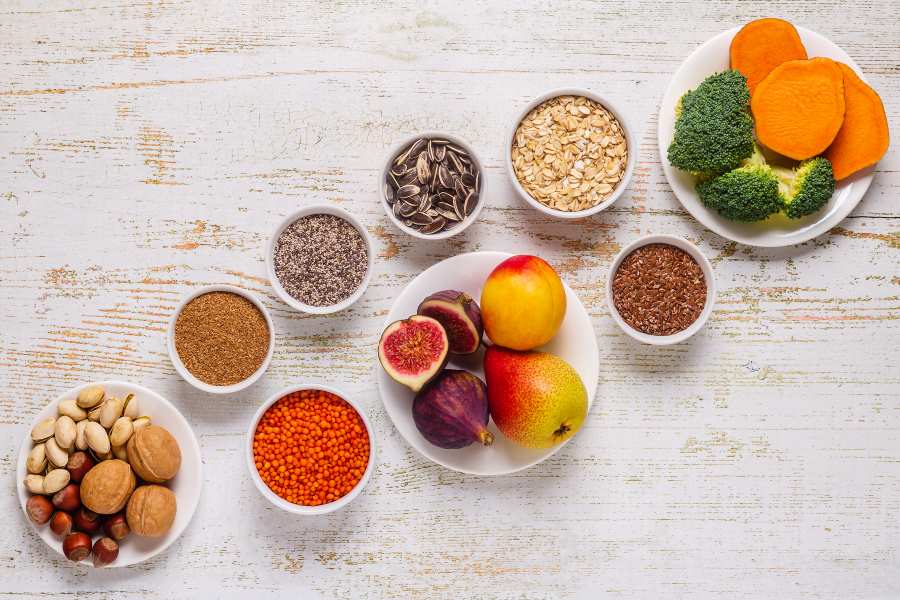
These occupy a vital position in the list of foods for stomach ulcer patients. Dietary fibre-rich foods effectively lower the acid amount in one's stomach. It also helps in easing bloating and provides relief from the pain.
Additionally, a diet rich in fibres can help prevent the development of stomach ulcers. Patients can consume flax seeds, legumes, oats, apples, oranges, carrots and nuts for their fibre requirements.
8. Vitamin A-Rich Foods
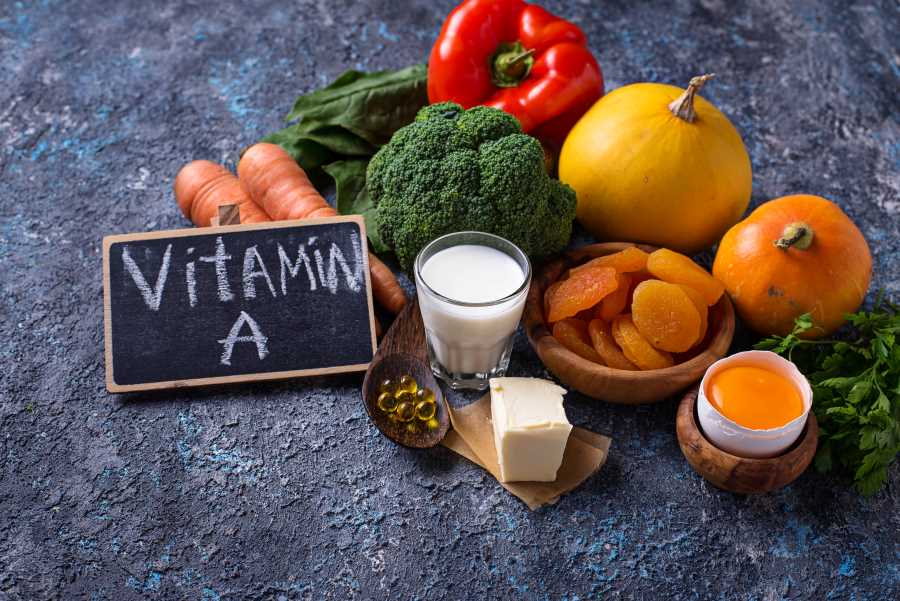
Consumption of foods rich in Vitamin A helps people suffering from stomach ulcers. Moreover, regular intake of Vitamin A reduces the risk of developing gastric ulcers. This is because these food items improve mucus production in the gastrointestinal tract. This prevents the development of ulcers.
People can consume carrots, pumpkins, watermelon and papaya. They can also include collard greens, spinach, sweet potatoes and broccoli in their diet.
9. Flavonoid-Rich Foods
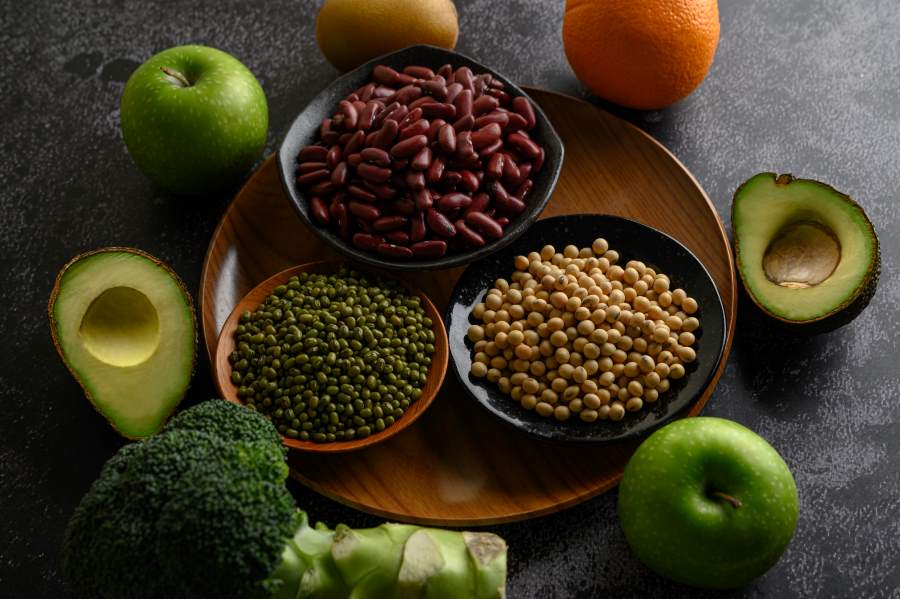
Flavonoid-rich foods strengthen the mucus, bicarbonate, antioxidant enzymes and prostaglandin. These are protective factors in the stomach. In addition, the anti-ulcer effects in flavonoids resist the effects of H. pylori, secretion of gastric acid, pepsin, anti-inflammatory and non-steroidal drugs, oxidative stress etc.
People who have stomach ulcers can consume foods and drinks rich in flavonoids. Such food items include legumes, soybeans, red grapes and apples. Additionally, people can consume green tea, broccoli, berries and kale.
10. Lean Proteins
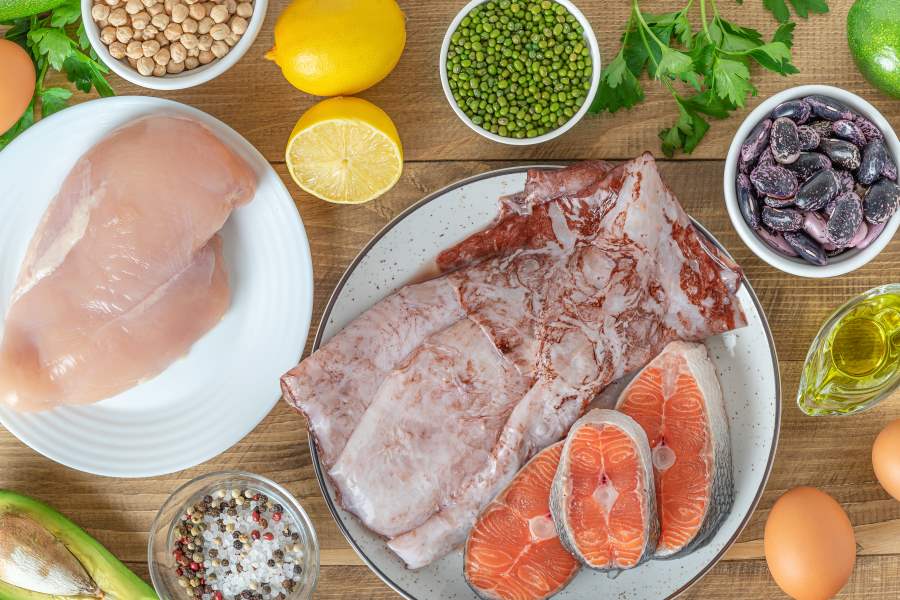
Lean proteins such as chicken, turkey, and fish are softer and less likely to have fat than red meat. This may cut down on the stimulus for stomach acid, and thereby minimize irritation. Importantly, these lean proteins carry the potential to heal and repair tissues at the ulcer site.
Grilling, baking, or steaming will prepare these foods without adding extra fats. Enjoy a hearty meal with lean proteins while caring for your health.
11. Kimchi
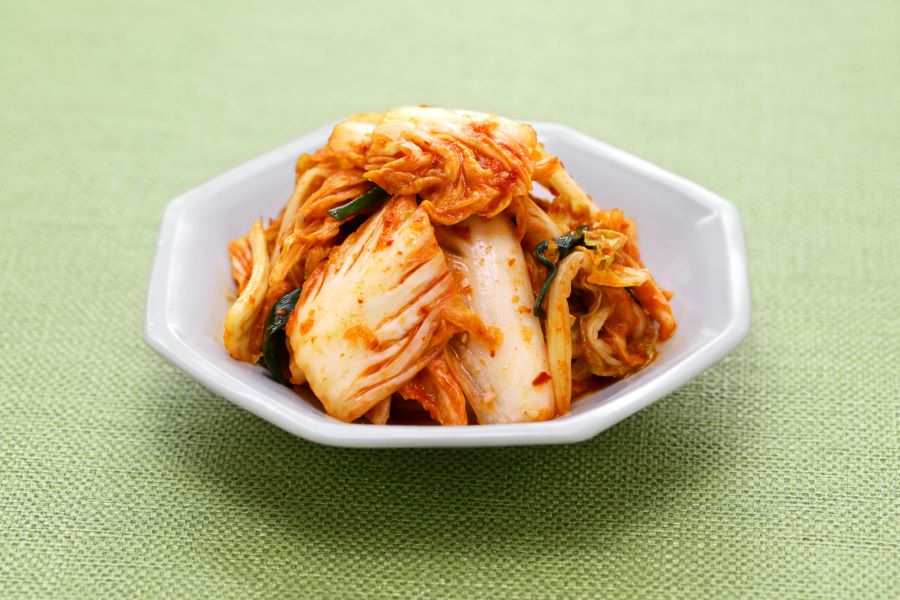
Since kimchi is a fermented vegetable dish, it also contains probiotics that are beneficial to gut health. Probiotics are very good at normalizing flora within the stomach and can help subside ulcer symptoms by keeping the digestive system healthy.
However, it is spicy, so if you have an issue with spice, it's important to find milder varieties or eat it in moderation. You can always eat a small quantity mixed with food.
List of Foods to Avoid for Stomach Ulcer Patients

Let us move on to another important section. Listed below are certain food items that people with stomach ulcers should avoid:
1. Fried Foods

People with stomach ulcers should avoid fried foods like chips, fried chicken, onion rings, fried chicken, doughnuts and onion rings. Food items fried at high temperatures harm the natural layer of protection in the digestive tract and develop stomach ulcers.
Fatty foods also take longer to digest, causing bloating and stomach pain. So, you ensure not to have fried foods like potato chips, fries, fried chicken and doughnuts if you have stomach ulcers.
2. Alcohol

Consumption of alcohol will inflame and damage the stomach lining. Moreover, it irritates stomach ulcers. Even if you do not have gastric ulcers, excessive drinking of alcohol can lead to its development.
If you have stomach ulcers, it is a good idea to avoid any alcohol consumption.
3. Acidic Foods
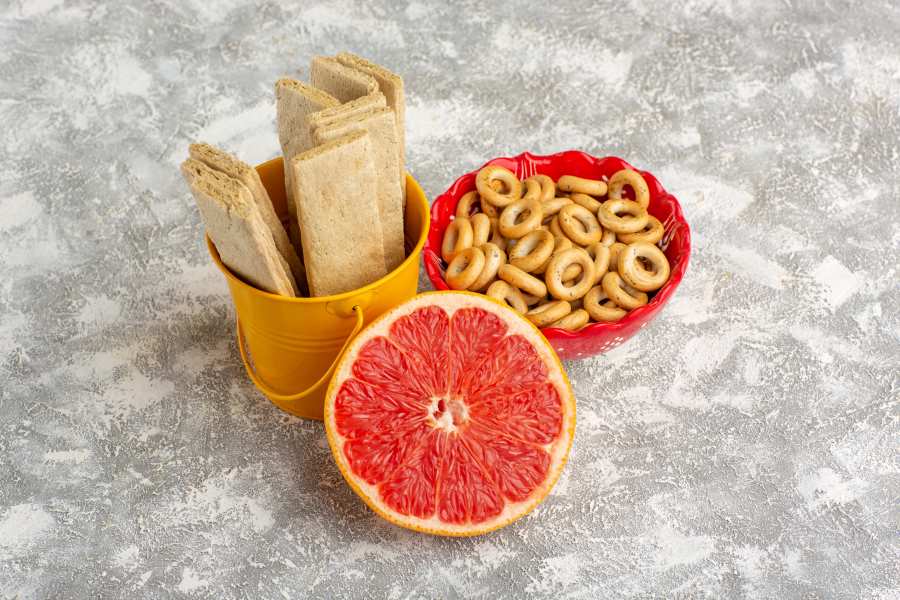
It is best to keep acidic foods away from the food list of a stomach ulcer diet. For example, people should avoid eating citrus fruits like oranges, lemons and grapefruits if they have stomach ulcers. Moreover, they must avoid white bread, processed cereals and white rice.
4. Milk
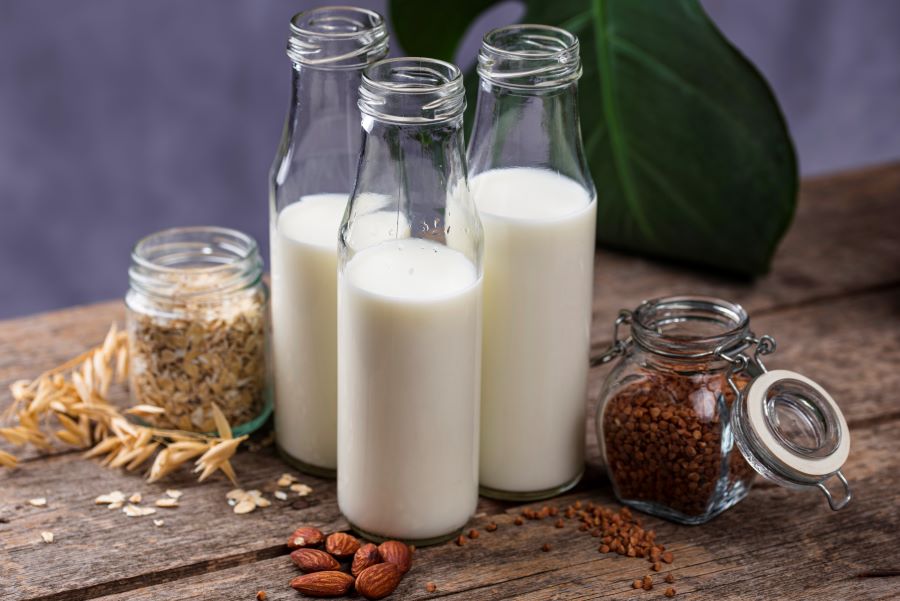
It will be a good idea not to consume milk. Though drinking milk will help in soothing the ulcer pain, it will be temporary. Milk also makes the stomach produce acid and digestive juices in large numbers. This can worsen the condition of stomach ulcers.
5. Spicy Foods
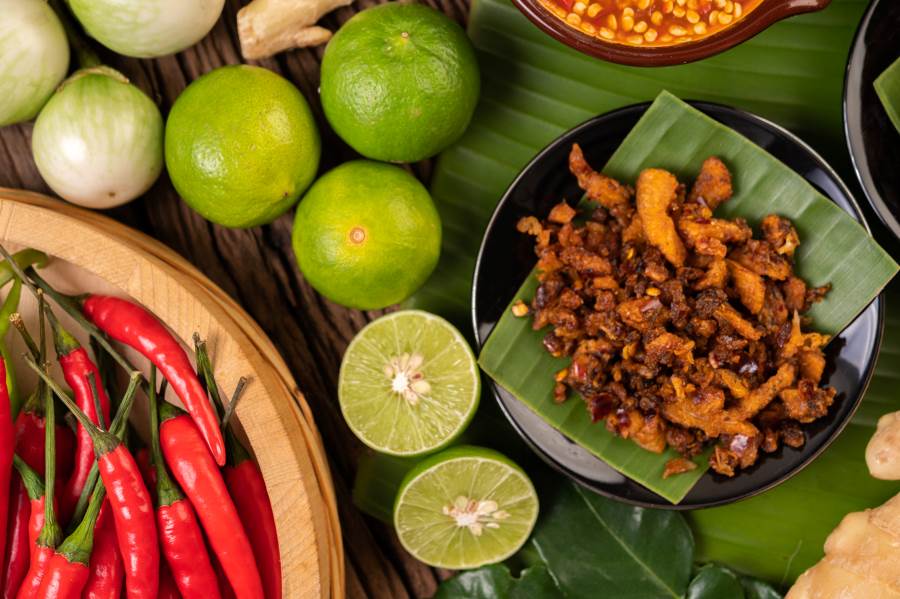
Generally, spicy foods irritate the stomach lining and worsen ulcer symptoms. Chilli peppers and hot sauces can trigger this condition by increasing the secretion of stomach acids, causing discomfort or pain. Minimising or avoiding such foods contributes to the management of ulcer symptoms and assists in healing.
6. Citrus Fruits
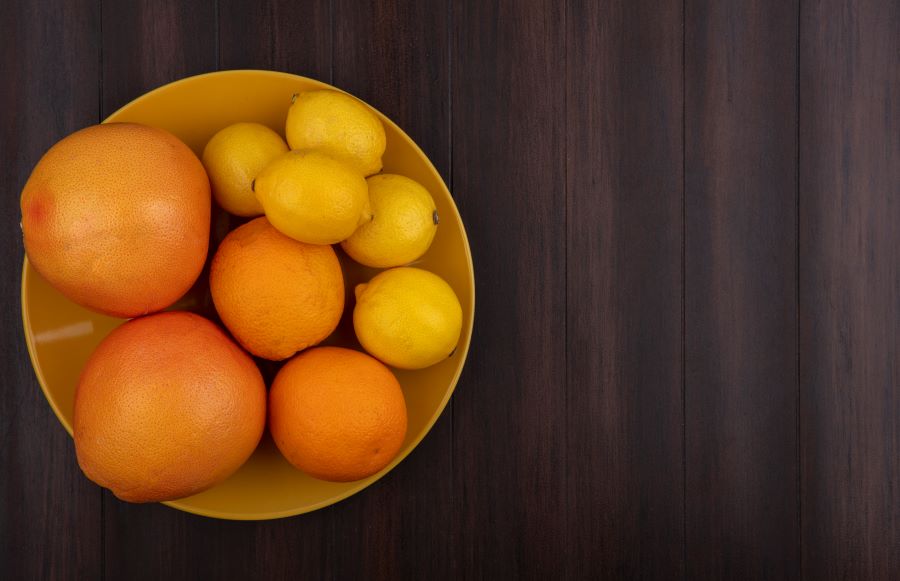
Oranges, lemons, and grapefruits tend to be acidic fruits. Their acidity upsets the stomach lining, and further aggravates ulcers. Therefore, it is prudent that patients limit their consumption of such fruits and consume fruits with a lower level of acids to prevent discomfort.
7. Flavoured Cheese
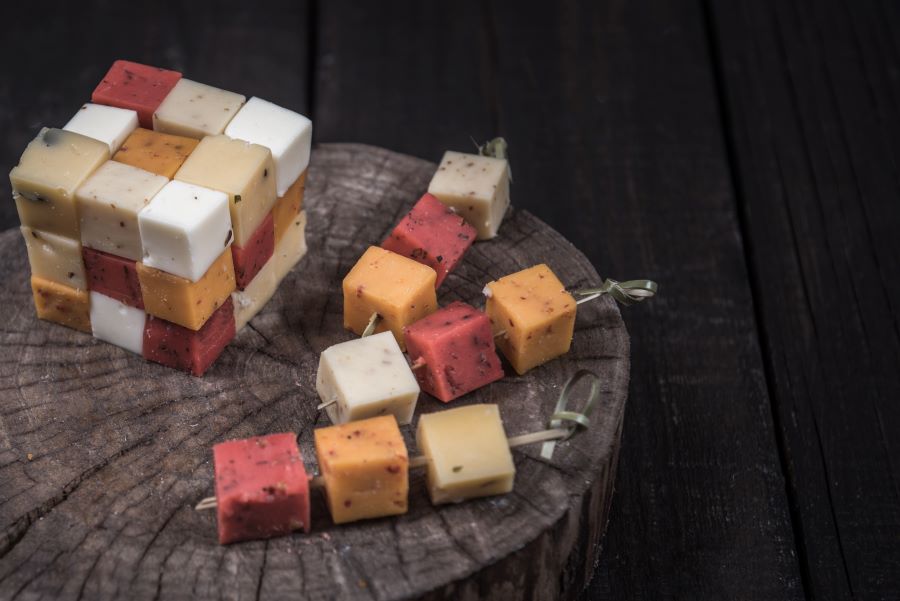
Cheese flavourings incorporate additives, spices, and a high level of fat that may irritate the stomach lining. The fat level increases the production of acids that worsen the ulcer symptoms. Only mild, unflavored cheeses should be used, and their effects on the condition should be monitored.
8. Red Meat
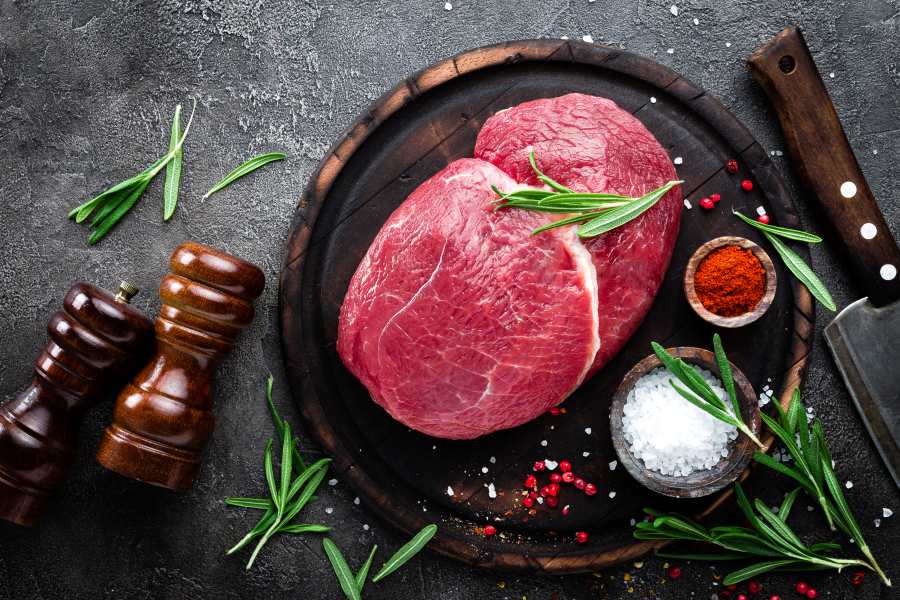
Red meat, like beef or pork, may be hard to digest because it can stimulate the production of stomach acid. High-fat foods also irritate the stomach lining. Therefore, many lean meats and fat-reductive cooking methods may work best for ulcer sufferers.
9. Peppermint

Peppermint works by relaxing the lower esophageal sphincter, which can lead to acid reflux and exacerbate ulcer symptoms. Though many people take peppermint due to its soothing effect, it has the opposite effect on ulcer patients. This is why one should not take peppermint tea, chewing gum, or anything containing peppermint flavour to avoid irritation.
Foods to Reduce Abdominal Pain During Stomach Ulcers
For abdominal pain, selecting foods that are easy on your stomach and help reduce inflammation is good.
Foods to Reduce Nausea During Stomach Ulcers
Nausea can be well treated if your diet includes certain foods that can help relieve your stomach and reduce nausea.
Foods to Reduce Bloody Stools During Stomach Ulcers
Bloody stools are usually managed by dietary changes that would not further irritate the gastrointestinal tract and give it adequate time to heal.
Each of these foods manages symptoms associated with stomach ulcers by soothing irritation, reducing inflammation, or easing digestive discomfort.
What Causes Stomach Ulcer?
Now, let us try to understand what causes stomach ulcers. Earlier, medical practitioners believed that certain food items were the reasons behind such ulcers. However, research has shown that regular consumption of pain-relieving drugs and bacterial infection are its leading causes. Let us look at the details:
1. Non-Steroidal Anti-Inflammatory Drugs (NSAIDs)
These medicines treat pain, inflammation (swelling) and high fever. Some of the common NSAIDs include aspirin, ibuprofen, diclofenac and naproxen. Although many patients take these medicines without experiencing side effects, the risks remain. Many medical practitioners do not prescribe these medicines if they realise that the patients have a history of stomach ulcers.
2. Helicobacter Pylori Bacteria
This is one of the two most common causes of stomach ulcers. Generally, this bacterial infection is harmless. Many people have experienced H. pylori infection. However, it may lead to a stomach ulcer or duodenal ulcer in some people.
How to Treat Stomach Ulcer?

Treatment for stomach ulcers often involves lifestyle changes, medications, and sometimes medical procedures. Here are some common approaches:
Stay on Track with These Health Tools
Factors to Consider While Choosing a Diet for Stomach Ulcers
As mentioned before, there are certain food items that are helpful in minimising symptoms of stomach ulcers. On the other hand, some food items cause acid reflux and, thus, worsen the symptoms. The following are some of the factors that patients should consider when choosing a diet for stomach ulcers:
1. Consult a Professional
If you want to follow a diet plan to reduce your stomach ulcer, then you should consult a professional like a dietician or nutritionist. They have a lot of experience in this field, and they will be able to suggest the right diet plan for your needs.
2. Create a Budget
One of the major reasons why people abandon their diet plans midway is because it gets too expensive after a certain point to keep up with it. Choose food items that will be easier for you to purchase regularly. You can also discuss the monthly budget that you are willing to spend on the diet with your dietician or nutritionist.
3. Health Preferences
As mentioned earlier, there are several good foods for stomach ulcers. However, they might not suit every patient as some may be allergic to these food items. That is why it is important to take into consideration all the health problems that the patient is suffering from other than a stomach ulcer.
4. Monitor Symptoms
Observe how different foods affect your symptoms. A diary may indicate certain foods that trigger symptoms and should be eliminated from the diet.
5. Nutritional Balance
The diet should be well-balanced, supplying all the individual's nutritional needs. A well-balanced diet involves foods that provide the requirements yet eliminate ulcer symptoms.
6. Meal Timing and Size
Smaller and more frequent meals are easily tolerated, rather than a few large meals. This would reduce the secretion of acids in the stomach and consequently minimise discomfort.
7. Avoid High-Acidity Foods
While small portions of such acidic foods may not aggravate your stomach, it is generally advisable to avoid or at least limit highly acidic food and beverages.
These factors would be useful in designing a diet plan for optimal results, as diet should support healing and symptom management. Always work with health professionals to develop and adjust your dietary approach according to each person's needs and reactions.
What are the Key Points to Remember?
You can make the following lifestyle choices to reduce the risk of developing stomach ulcers:
- Do not mix alcohol with medication.
- Limit the usage of naproxen, ibuprofen and aspirin.
- Do not consume more than two alcoholic beverages in a day.
- Wash your hands frequently to prevent infections.
- Quit smoking cigarettes and usage of tobacco.
- Eat a balanced diet containing fruits, vegetables, whole grains and flavonoid-rich foods.
- Exercise regularly.
- Avoid eating large meals or eating close to bedtime.
- Manage stress through relaxation techniques or counseling.
- Stay hydrated by drinking plenty of water.
- Regularly check for and manage any chronic conditions with your healthcare provider.
We need to remember that our dietary choices help in providing relief from gastrointestinal diseases. If you consume food for stomach ulcers, like Vitamin A-rich items, berries, fresh vegetables and dietary fibers during gastric ulcers, you may experience relief.
Fresh fruits and food items like honey, green tea, and olive oil carry immense benefits and should be a regular food item in our meals. However, it is a good idea to consult your doctor before deciding on a diet.
Protect What Matters - Explore Other Insurance Options














